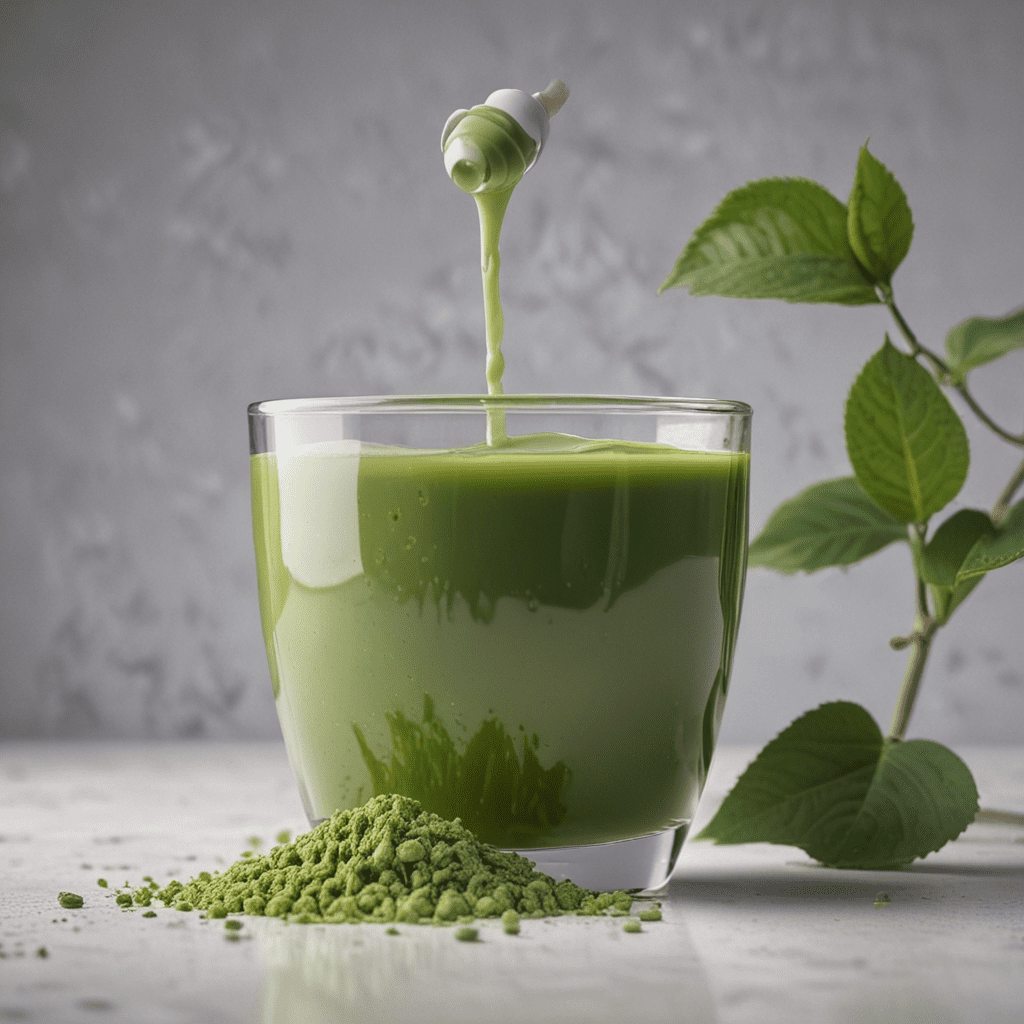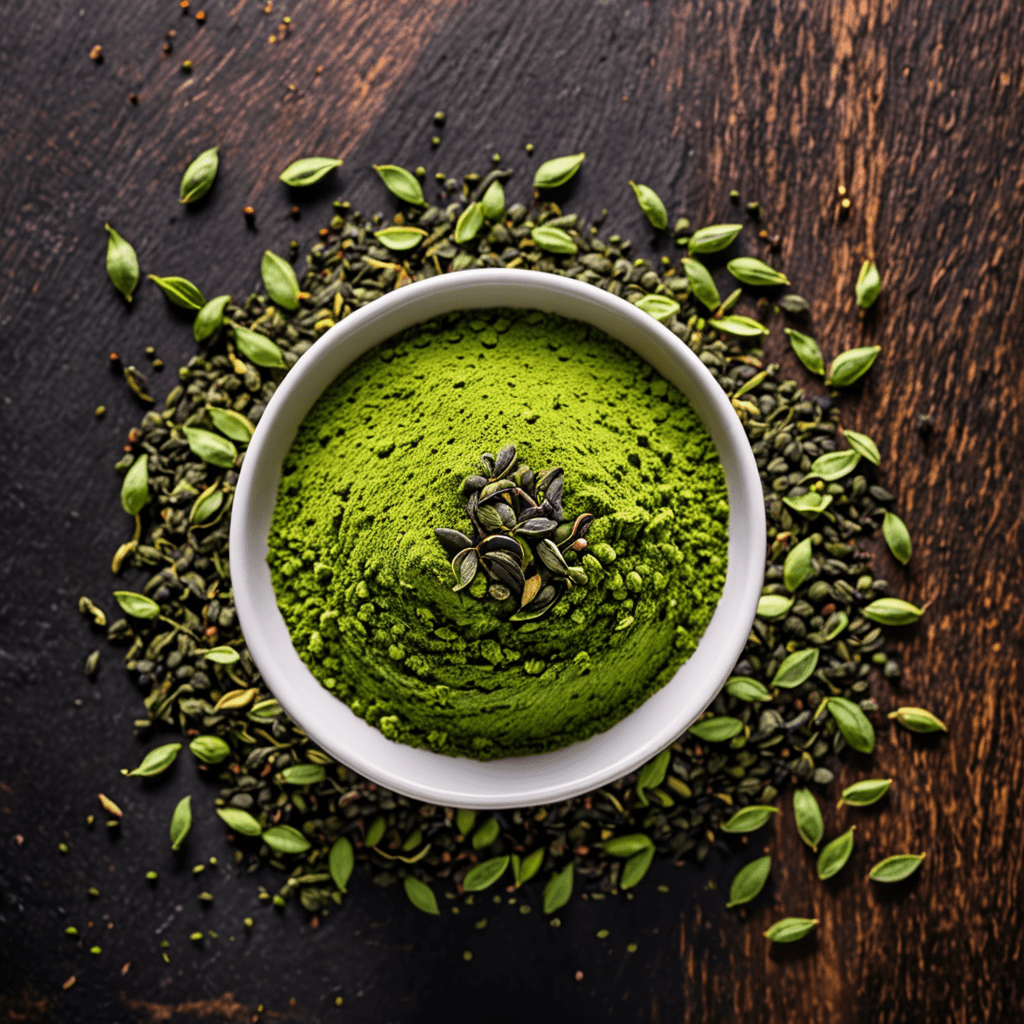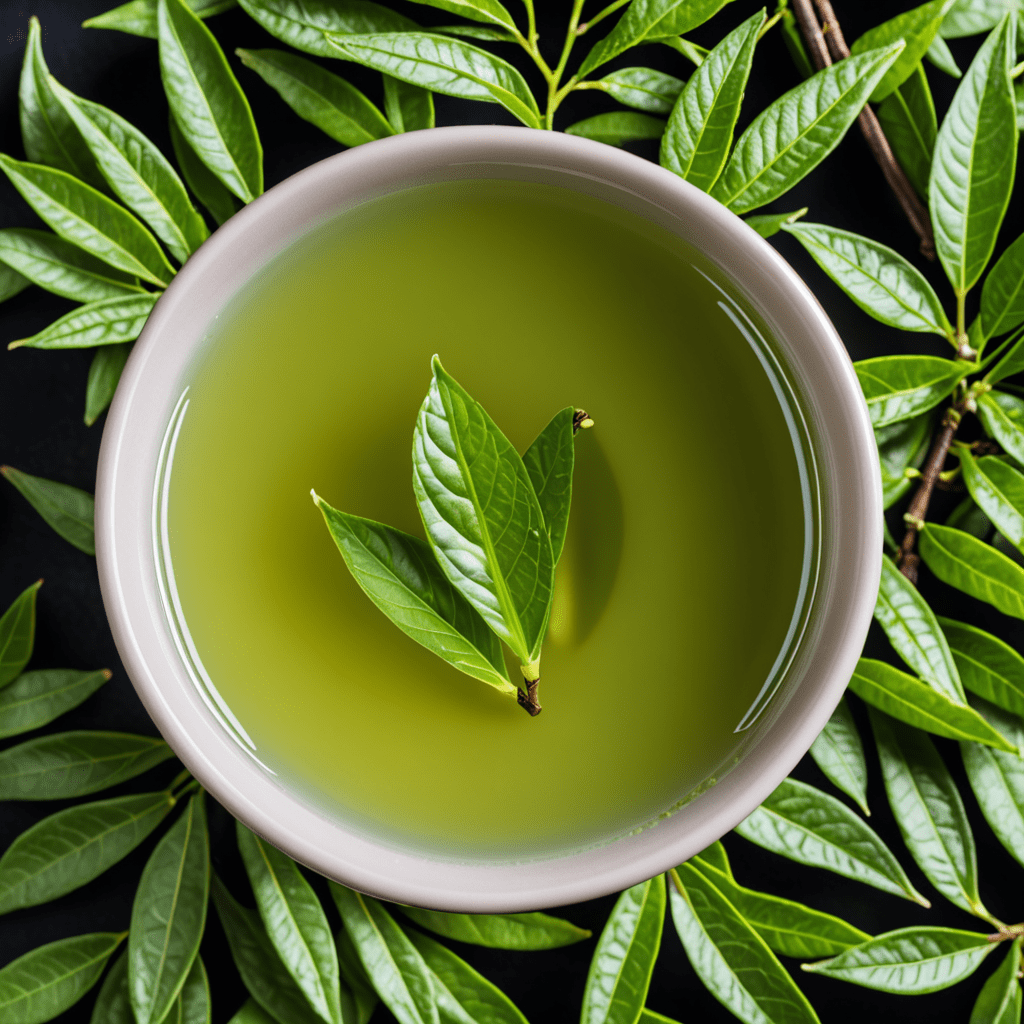
Matcha and Dental Hygiene: Green Tea's Effects on Oral Health
I. Introduction
Matcha, a vibrant green tea powder, has garnered significant attention for its myriad health benefits. Beyond its antioxidant and metabolism-boosting properties, recent research has shed light on the remarkable effects of matcha on oral health. This article explores the scientific evidence behind matcha's ability to enhance dental hygiene, promoting stronger teeth and healthier gums.
II. Matcha: Origins and Composition
Matcha originates from Japan, where it has been revered for centuries as a traditional tea ceremony ingredient. It is produced from shade-grown tea leaves, which undergo a unique steaming and grinding process that results in a fine powder. Matcha's distinct emerald green color and rich flavor are attributed to its high levels of chlorophyll and catechins, powerful antioxidants with therapeutic properties.
III. Antibacterial and Anti-Inflammatory Properties
Matcha contains potent antibacterial compounds, including epigallocatechin gallate (EGCG), which have been shown to inhibit the growth of harmful bacteria in the mouth. These bacteria are associated with dental caries, gum disease, and other oral infections. Moreover, matcha possesses anti-inflammatory properties, helping to reduce swelling and discomfort in the gums.
IV. Prevention of Dental Caries
Matcha's antibacterial properties play a crucial role in preventing dental caries, commonly known as cavities. By inhibiting the growth of Streptococcus mutans, a bacterium primarily responsible for tooth decay, matcha helps protect against acid production and enamel erosion. Additionally, the catechins in matcha have been shown to inhibit the formation of dental plaque, a sticky film that harbors bacteria.
V. Reduction of Gum Disease
Gum disease, characterized by inflammation and bleeding gums, can lead to tooth loss if left untreated. Matcha's anti-inflammatory properties help reduce gum swelling and discomfort. Furthermore, the antibacterial activity of matcha combats the bacteria that cause gum inflammation, improving overall gum health.
VI. Teeth Whitening Effects
While matcha does not contain bleaching agents, its abrasive texture can gently scrub away superficial stains on tooth surfaces. The catechins in matcha also have antioxidant properties that may help prevent staining and discoloration over time.
VII. Catechin Content and Oral Health
Catechins, particularly EGCG, are the most abundant antioxidants in matcha. Studies have linked high catechin consumption to improved oral health outcomes, including reduced gum disease and dental caries. EGCG has been shown to inhibit the formation of dental plaque and interfere with the metabolism of bacteria that cause oral infections.
VIII. Fluoride Content and Tooth Enamel
Matcha contains a trace amount of fluoride, a mineral known for its tooth-strengthening properties. Fluoride helps protect tooth enamel from acid erosion and decay by forming a protective layer on the tooth surface. However, it's important to note that matcha is not a substitute for fluoride-containing toothpaste or dental treatments.
IX. Potential Side Effects of Matcha
While matcha is generally safe for consumption, some individuals may experience side effects such as stomach upset or anxiety due to its high caffeine content. It's recommended to consume matcha in moderation and avoid excessive intake, especially if you are sensitive to caffeine.
X. Conclusion
Matcha, with its rich antioxidant and antibacterial properties, offers significant benefits for oral health. Its ability to prevent dental caries, reduce gum disease, and whiten teeth makes it a valuable addition to a comprehensive dental hygiene routine. While further research is warranted to fully understand the long-term effects of matcha on oral health, the current evidence suggests that incorporating this vibrant green tea into your diet can contribute to stronger teeth and healthier gums.
FAQs
Q: How much matcha should I consume for optimal oral health benefits?
A: While there is no specific recommended amount, moderate consumption is advisable. A cup or two of matcha tea per day can provide significant benefits.
Q: Can matcha replace regular toothpaste or mouthwash?
A: No, matcha should not be used as a substitute for conventional dental hygiene products. It can be a complementary measure to support oral health but cannot replace the effectiveness of toothpaste and mouthwash.
Q: Is matcha safe for children?
A: Due to its caffeine content, matcha may not be suitable for young children. It's recommended to consult with a healthcare professional before giving matcha to children.


